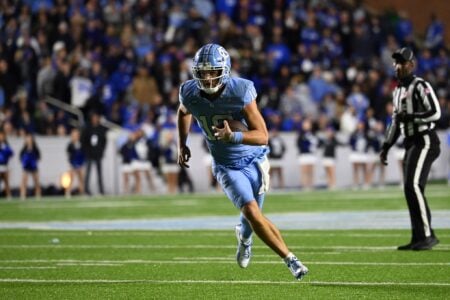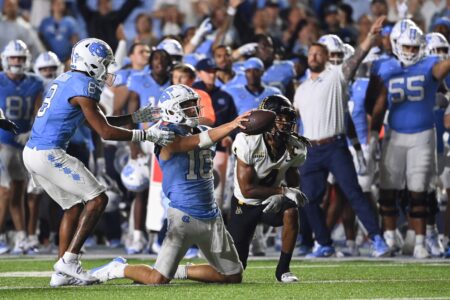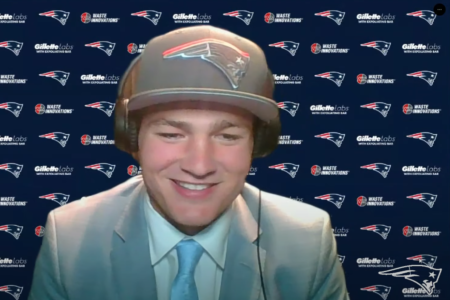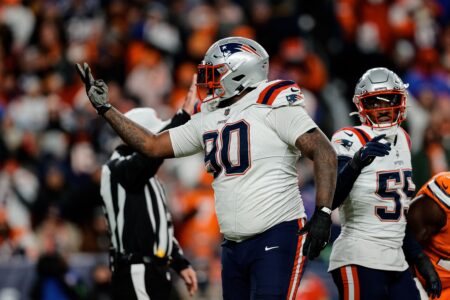Ring 6
PatsFans.com Supporter
PatsFans.com Supporter
2021 Weekly Picks Winner
2022 Weekly Picks Winner
- Joined
- Sep 13, 2004
- Messages
- 63,761
- Reaction score
- 14,113
I just read the Bedard article on MMQB and the comparison of possession between the 2 plays had me confused as well. Not to take Bedard's word as fact but this quote speaks to possession in that according to him, there is no difference in defining the lack of possession of a catch of a punt (muff) and an incomplete pass:
"The Cribbs play is a punt, but it’s essentially officiated the same way as a pass reception (lack of possession would be a muff). It sure didn’t look like Cribbs had time to perform a football act, or take a breath, before Bolden drilled Cribbs. Oh, but he did. Having your forward progress stopped is a football act, according to FootballZebras on Twitter. And since Cribbs was in the process of being tackled, he was down by contact. Let’s not even get into the hypothetical of what might have happened had Cribbs jumped for the ball like Bryant."
There is a tremendous difference here.
Bryant went to the ground while making the catch. That is why it wasn't a catch, because going to the ground was part of the catch, so he needed to maintain possession.
Cribbs was KNOCKED to the ground and had made the catch prior to that. Cribbs had the ball in an upright position with both feet planted (ever so briefly). Bryant NEEDED to go to the ground to make the catch, so therefore needed to maintain possession until the act of the catch, which included falling to the ground was complete.

















